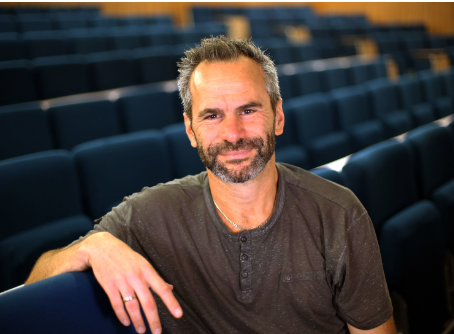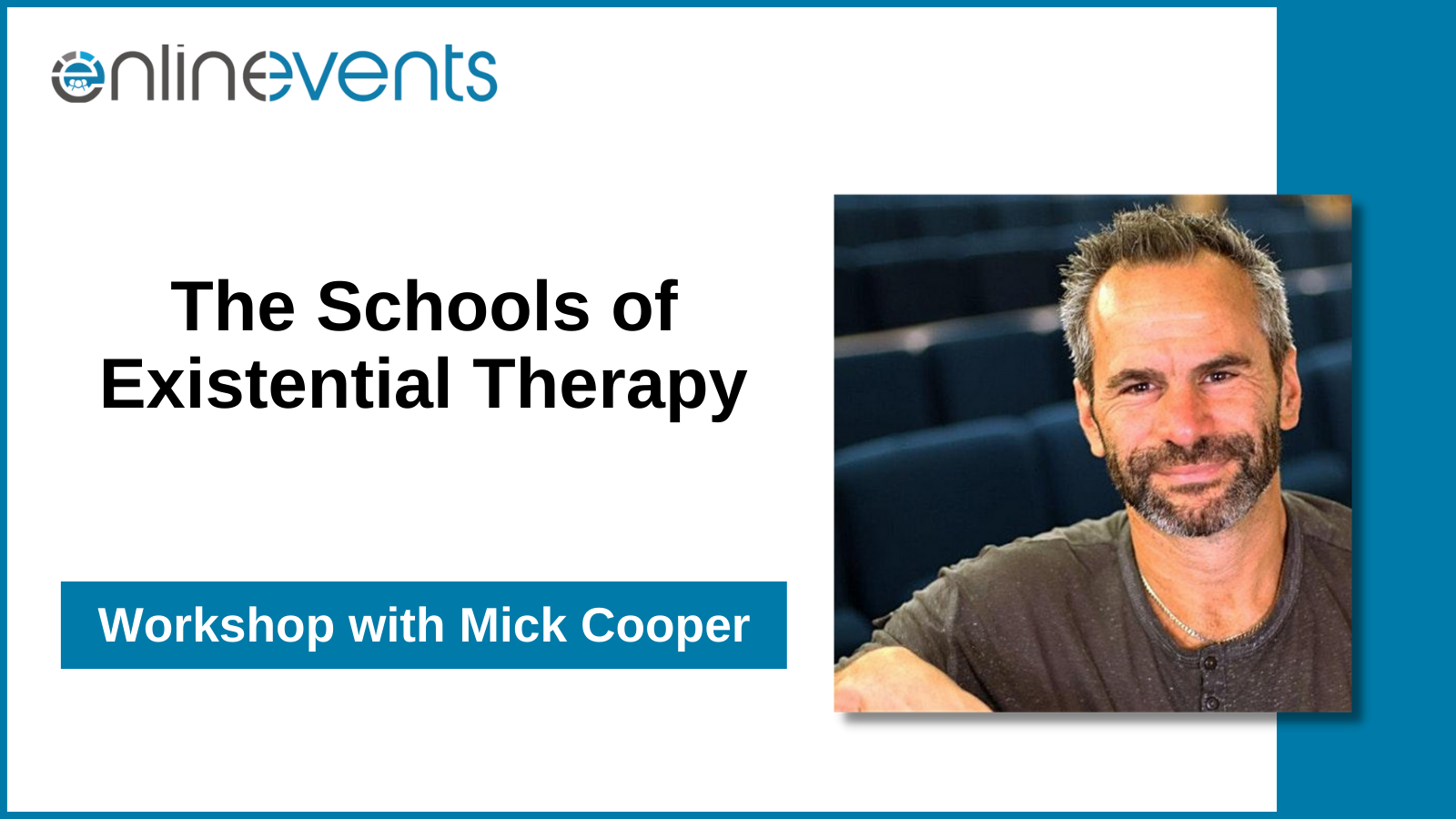Workshop Description
This workshop will introduce participants to the principal branches of existential therapy active in the world today.
First is the the daseinsanalytic approach, which encourages clients to develop their openness to ‘being’. Meaning-centred therapies, based on the work of Victor Frankl, help clients to find meaning and purpose in their lives. The existential-humanistic approached, including the work of Yalom, invites clients to recognise—and come to terms with—their deepest existential anxieties. Finally, the existential-phenomenological (British school) approaches takes a descriptive and de-pathogising stance, inviting clients to explore and understand their lived-experiences.
We will explore the philosophical and psychological ideas underlying these therapies, and the methods and skills through which they are directly applied in practice. The workshop will consist of self-reflective elements and case examples, as well as theoretical elements, to bring the approaches to life.
By the end of the workshop, participants will: understand the foundations of existential approaches to therapy, be able to recognise the principle branches of existential practice, and be able to reflect on how theory and practice from each of the existential branches can inform their own therapeutic work.
The workshop is appropriate for training and practising psychologists, psychotherapists, and counsellors.
This workshop will be recorded and you can use the ticket function to pre-purchase the recording before the event. This will be useful for colleagues who are not able to attend the event live and also for those who attend the event live and want to watch it again.
Course Content
Presenter

Mick Cooper is an internationally recognised author, trainer, and consultant in the field of humanistic, existential, and pluralistic therapies. He is a Chartered Psychologist, and Professor of Counselling Psychology at the University of Roehampton.
Mick has facilitated workshops and lectures around the world, including New Zealand, Lithuania, and Florida.
Mick’s books include Existential Therapies (Sage, 2017), Working at Relational Depth in Counselling and Psychotherapy (Sage, 2018), and The Handbook of Person-Centred Psychotherapy and Counselling (Palgrave, 2013).
His latest work is Integrating Counselling and Psychotherapy: Directionality, Synergy, and Social Change (Sage, 2019).
Mick’s principal areas of research have been in shared decision-making/personalising therapy, and counselling for young people in schools.
In 2014, Mick received the Carmi Harari Mid-Career Award from Division 32 of the American Psychological Association. He is a Fellow of the British Association for Counselling and Psychotherapy and the Academy of Social Sciences.


